The European Union, once hailed as a beacon of unity and peace across a diverse continent, is facing a profound internal crisis. The political landscape within its member states, especially in Eastern Europe, reveals widespread unrest and dissatisfaction. As a Member of the European Parliament and a former activist deeply engaged with the realities of European politics, I have observed alarming trends that point toward a darker trajectory for the EU—one marked by creeping totalitarianism, systematic censorship, and the erosion of fundamental freedoms.
In this article, I will explore these critical issues, dissect the mechanisms at play, and discuss the broader implications for Europe’s future. This is not just a political critique; it is a call to awareness about the path we are on and the urgent need to reclaim democratic values and national sovereignty.
Table of Contents
- The EU’s Internal Political Crisis: A Continent in Turmoil
- When Power Fades: The Dangerous Lure of War
- The Mechanics of Totalitarianism: Silencing the People
- Totalitarianism in Action: Controlling Thought and Speech
- Digital Censorship: The Digital Services Act
- Malinformation: Truth as a Threat
- Unseen Forces: Who Is Driving This Totalitarian Shift?
- The Endgame: One World Government and the Loss of Sovereignty
- The EU as a Stepping Stone: The Illusion of Unity
- Coalition of the Willing or Coalition of the Capable?
- The Stigmatization of Military Service and National Pride
- Conclusion: The Urgent Need for Awareness and Action
The EU’s Internal Political Crisis: A Continent in Turmoil
Across the European Union, the internal political state is deteriorating rapidly. Mass protests have become commonplace, particularly in Eastern Europe, where citizens openly express their discontent with the EU’s governance. This growing disillusionment is not unfounded; many see the EU as an undemocratic and anti-democratic institution—a “hellhole,” as blunt as that may sound.
The root of this dissatisfaction lies in the perception that the EU no longer represents the interests of its people but instead enforces policies that strip away national sovereignty and individual freedoms. The people’s voices are increasingly ignored, and this alienation fuels a sense of powerlessness and frustration.
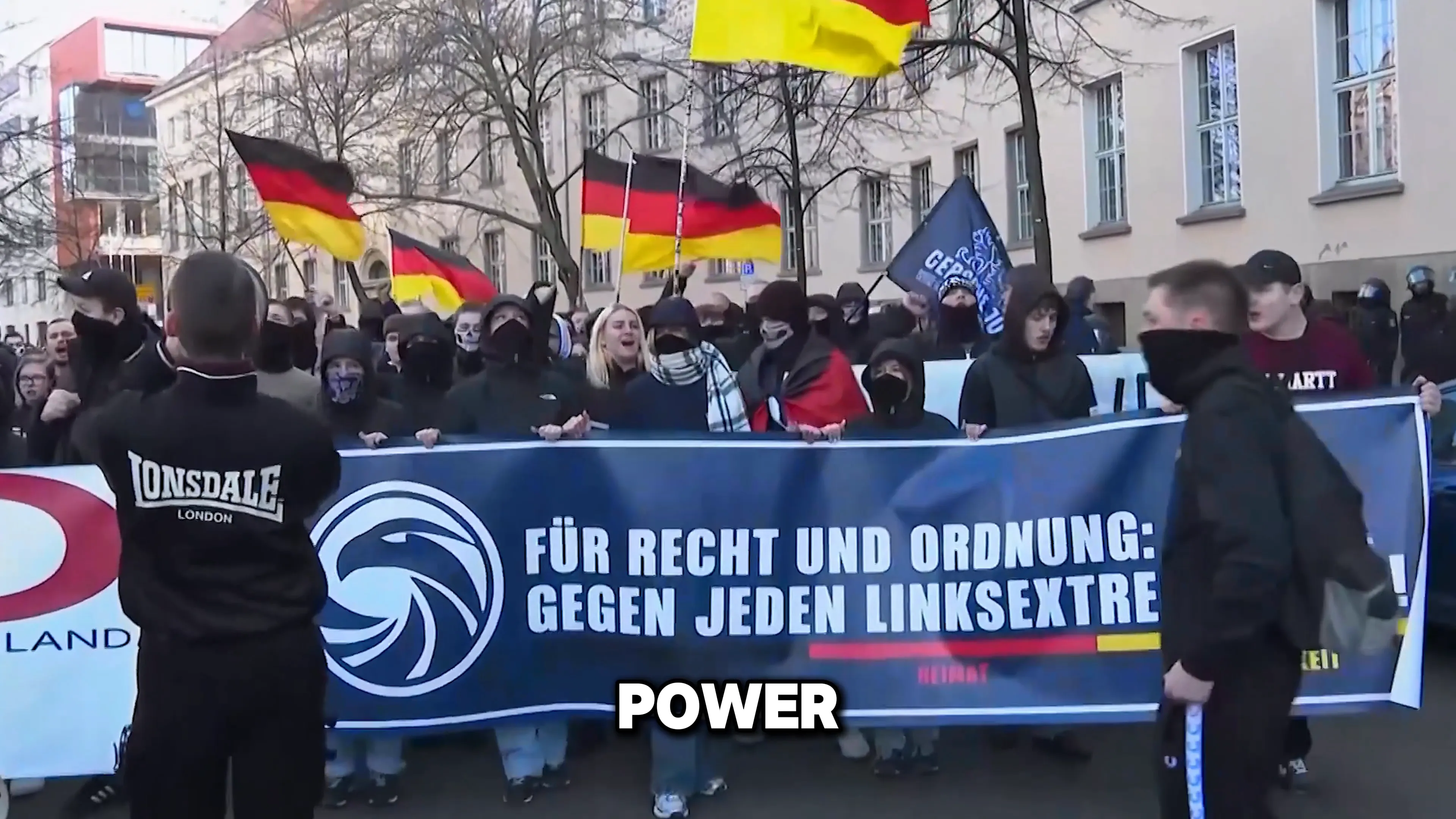
When Power Fades: The Dangerous Lure of War
Historically, when political power begins to wane and control slips away, regimes often resort to conflict as a desperate attempt to regain dominance. War becomes a last resort, a tool to unite a fractured population under the banner of nationalism or external threat. Unfortunately, this is the pattern I witness unfolding within the EU.
Rather than addressing the underlying causes of unrest and disenchantment, some leaders appear poised to escalate tensions, choosing confrontation over dialogue. The prospect of war is a grim indicator of political desperation—a sign that the established order is struggling to maintain its grip.
The Mechanics of Totalitarianism: Silencing the People
Understanding the difference between dictatorship and totalitarianism is crucial to grasping the EU’s current trajectory. A dictatorship primarily focuses on retaining power, indifferent to public opinion as long as dissent is suppressed. However, totalitarianism is far more invasive; it seeks to control every facet of an individual’s life, including their thoughts and beliefs.
The hallmark of totalitarianism is the systematic silencing of dissent. This is not just about prohibiting criticism but about controlling the narrative so completely that alternative viewpoints are erased. The EU’s increasing censorship efforts and legislative restrictions demonstrate this chilling shift.
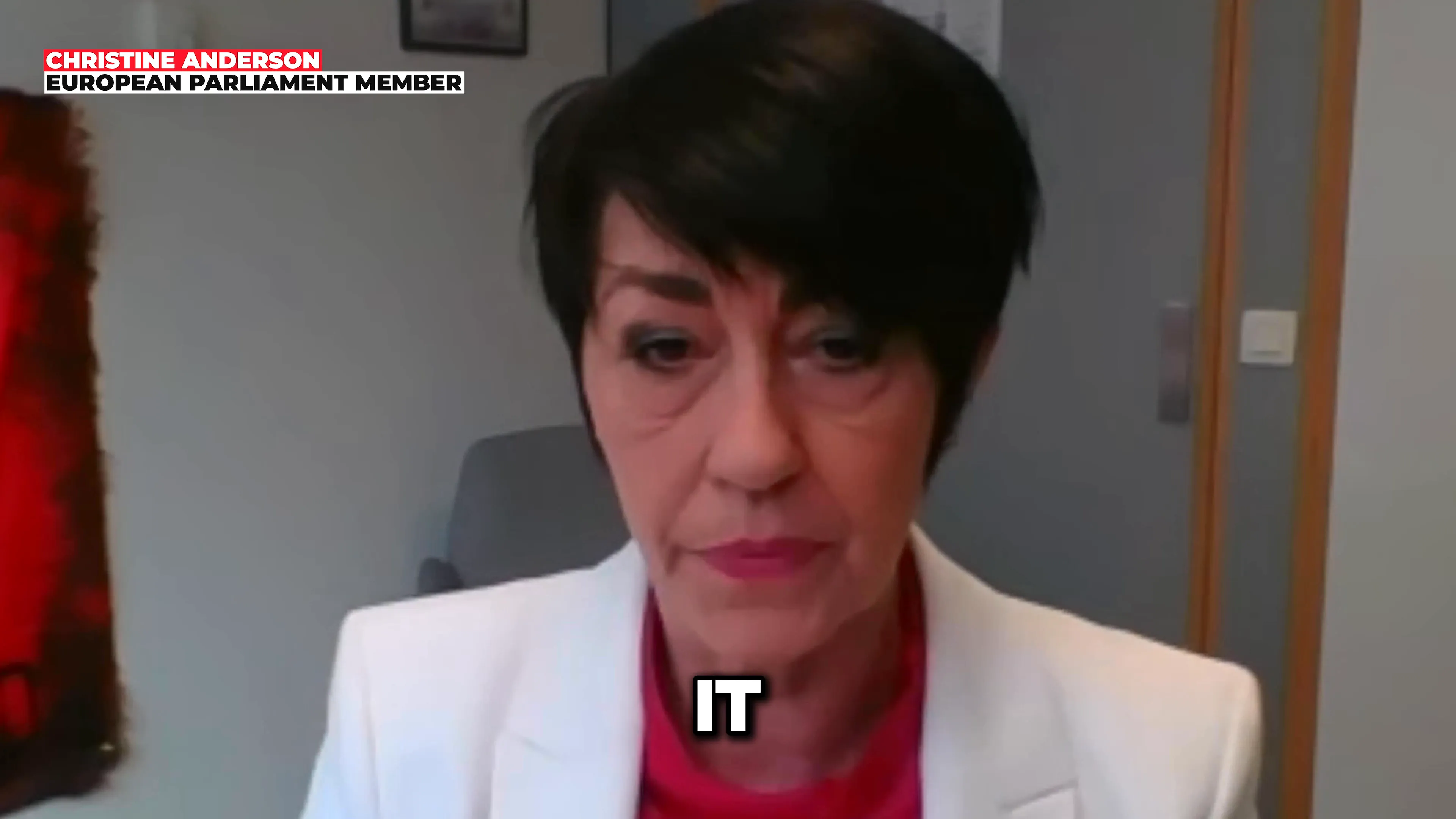
Totalitarianism in Action: Controlling Thought and Speech
During the COVID-19 pandemic, the suppression of dissenting voices became starkly apparent. Scientists who challenged the prevailing narratives were silenced or lost their positions. This suppression extended beyond health debates into social and cultural realms, especially visible in the legislation surrounding gender identity issues.
In Germany, for instance, laws penalize individuals up to 10,000 euros for using the “wrong” pronouns or naming someone according to their biological sex. This is not mere political correctness; it is coercive control—hallmarks of a totalitarian regime seeking to dictate personal expression and thought.
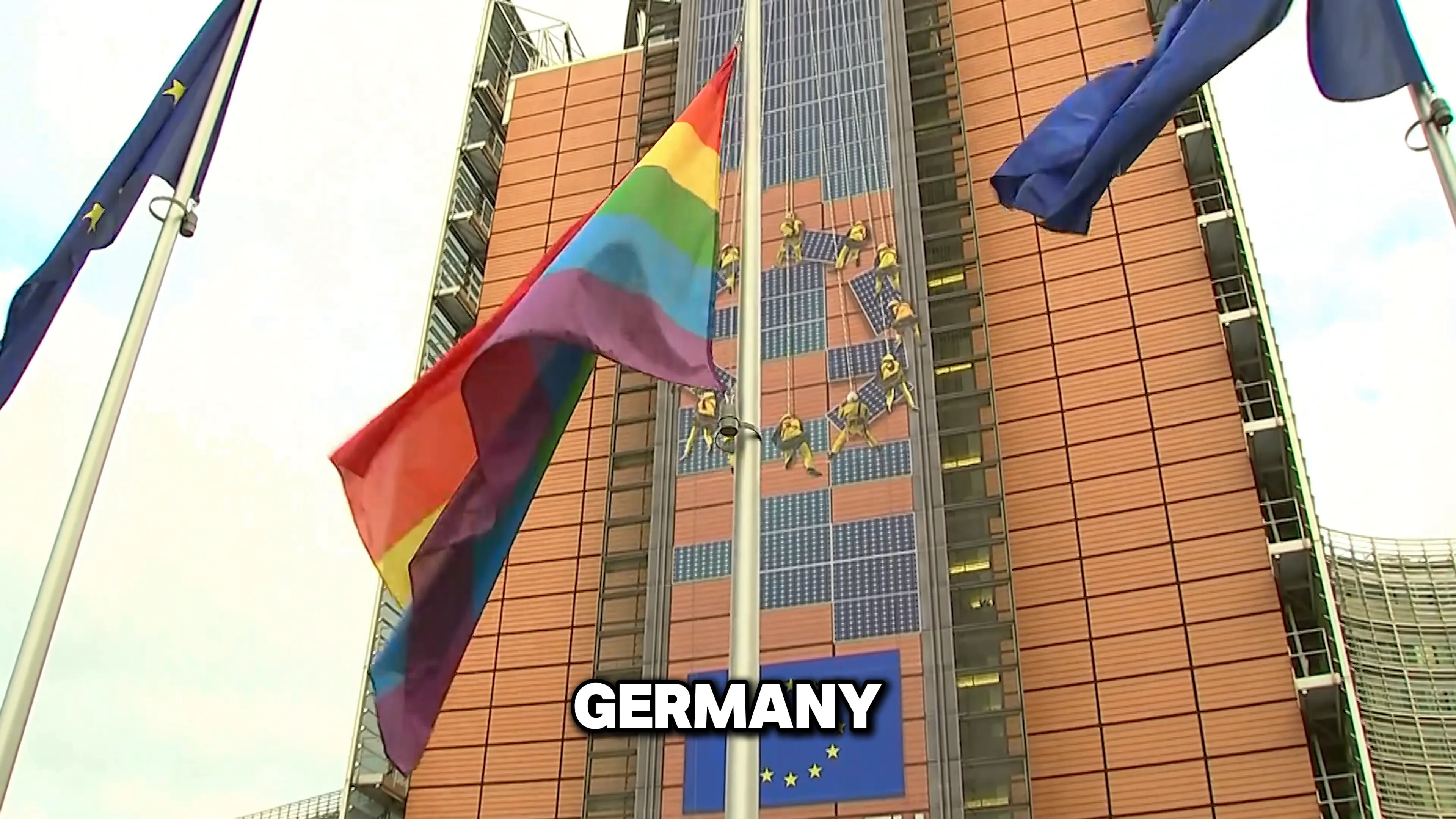
Digital Censorship: The Digital Services Act
The Digital Services Act (DSA) exemplifies how censorship is institutionalized under the guise of combating hate speech, misinformation, disinformation, and malinformation on social media platforms. While these goals sound noble, the definitions and applications of these terms have become dangerously broad and subjective.
For example, misinformation refers to false information spread unknowingly, while disinformation involves the deliberate spread of falsehoods. A case in point is the global promotion of mRNA vaccines as entirely safe and effective—a claim later proven inaccurate but initially pushed by governments worldwide, amounting to disinformation.
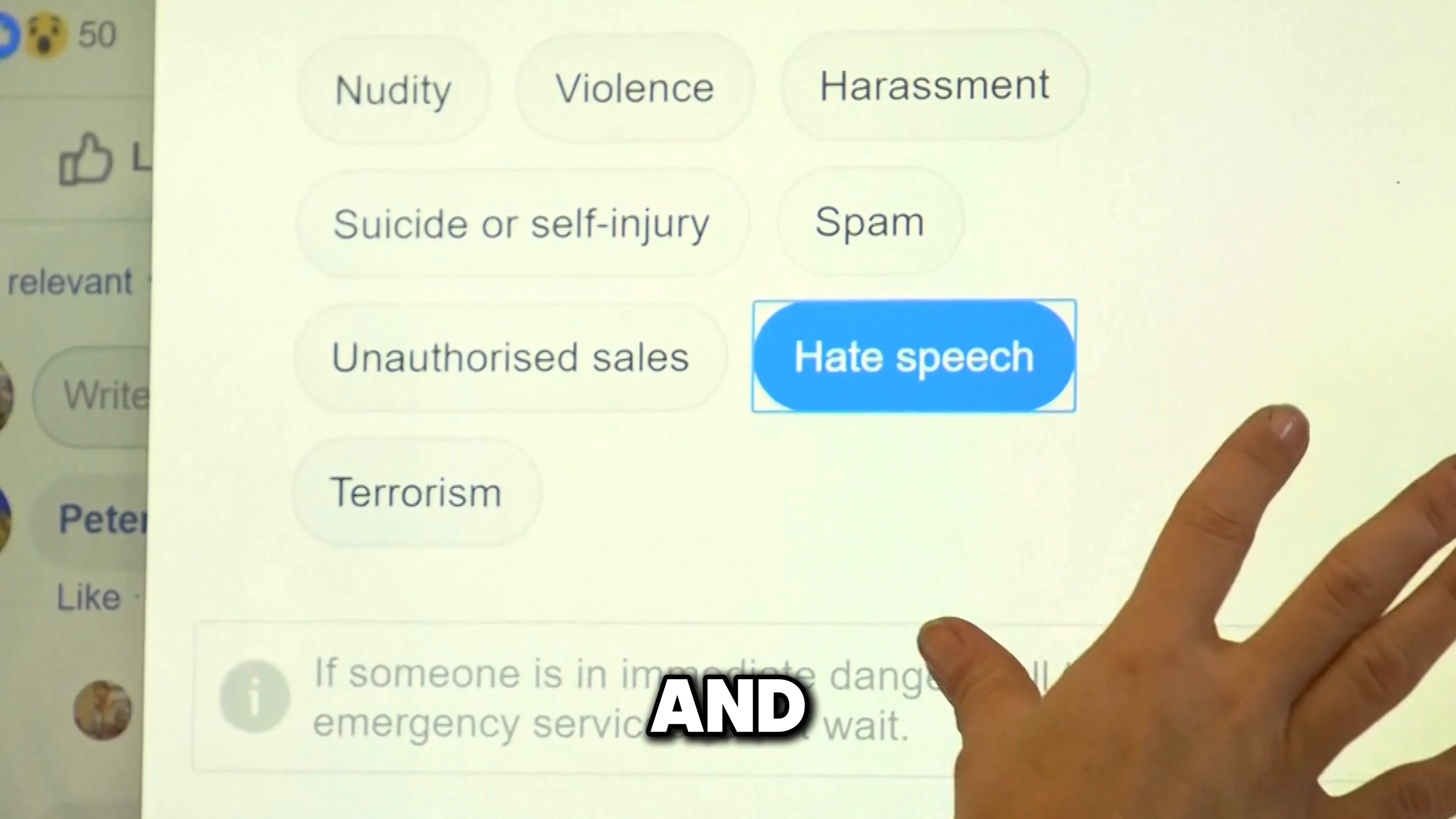
Malinformation: Truth as a Threat
Perhaps most troubling is the concept of malinformation: information that is factually true but considered harmful to the politically desired narrative. An example is the statement that there are exactly two sexes—male and female—a biological fact now branded harmful in some circles.
This raises vital questions: Who determines what is harmful? How can truth be censored simply because it challenges prevailing ideologies? The answer lies in the growing power of totalitarian structures that prioritize narrative control over factual integrity.
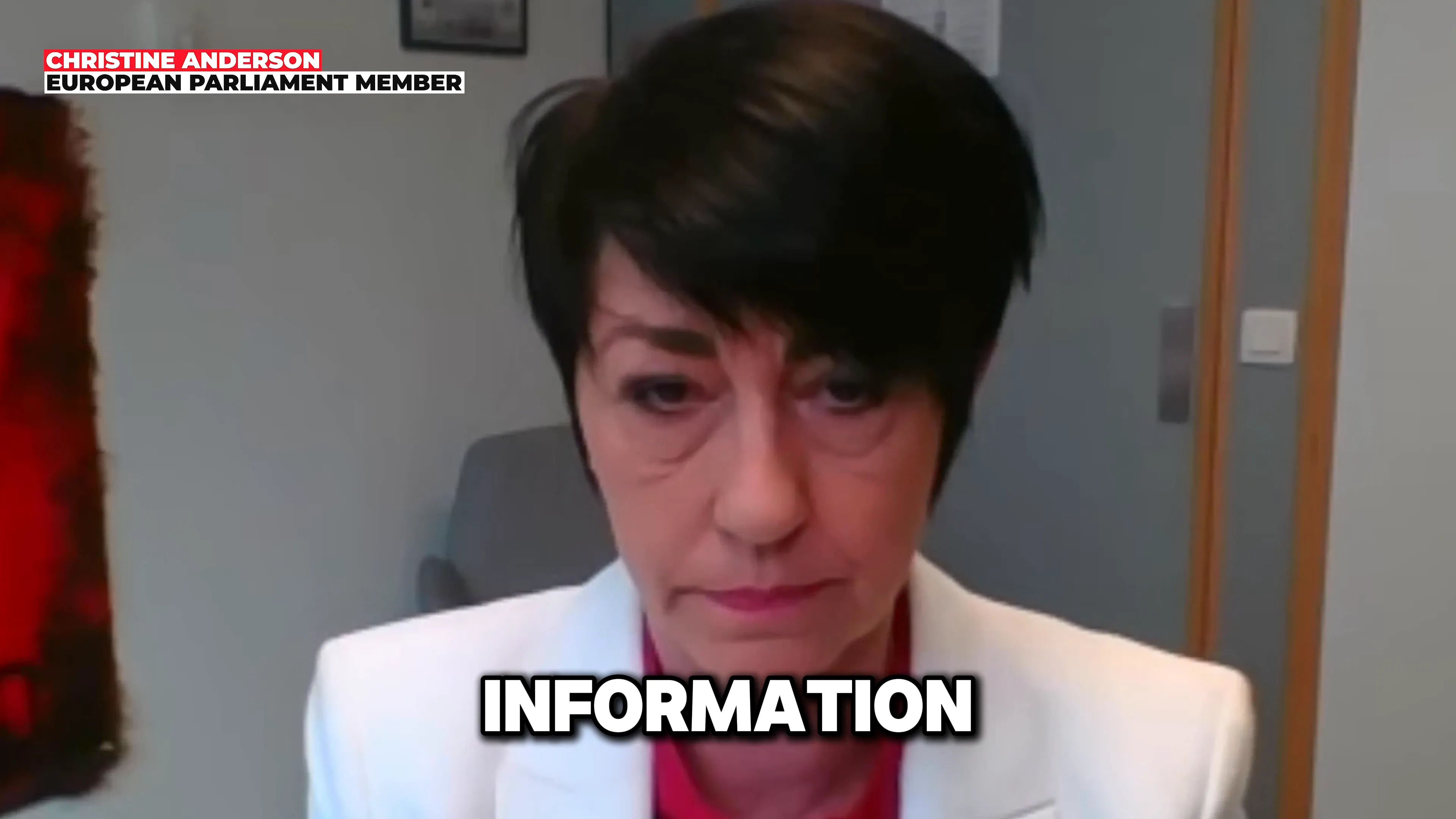
Unseen Forces: Who Is Driving This Totalitarian Shift?
It’s tempting to attribute these developments to visible figures such as Ursula von der Leyen, Bill Gates, or Klaus Schwab, who often appear in media advocating controversial policies. However, they are not the true architects of this shift. Instead, they are the public faces—puppets, if you will—of more shadowy forces.
For lack of a better term, I refer to these hidden powers as “globalitarian misanthropists.” This elusive group manipulates governments and institutions to implement their vision, while elected officials merely carry out their directives, often against the interests of their own citizens.
The Endgame: One World Government and the Loss of Sovereignty
The ultimate goal of these globalitarian misanthropists appears to be the establishment of a one-world government. This vision entails dismantling liberal, open, democratic societies comprised of free individuals and replacing them with a collectivist system where individuality is suppressed.
In this system, people become malleable parts shuffled according to the whims of those in power—a stark departure from the democratic ideals Europe once cherished. The European Union itself is a stepping stone toward this goal, designed to erode national sovereignty gradually under the pretext of peace and unity.

The EU as a Stepping Stone: The Illusion of Unity
Europe is a continent rich in diverse cultures, languages, and proud national identities. Convincing Europeans to surrender their national sovereignty outright would have been impossible. However, the creation of the EU institutions provided a subtle yet effective pathway to that end.
The narrative has long been that the EU prevents the wars that once devastated Europe. While this is true, it also serves as a convenient justification for consolidating power at a supranational level. As member states continue to cede competencies to the EU, the leap to a centralized global government becomes increasingly feasible.
Coalition of the Willing or Coalition of the Capable?
Political leaders like Keir Starmer discuss the possibility of “boots on the ground” and deploying planes, but these words ring hollow when the reality of Europe’s defense capabilities is considered. What planes? What boots? Decades of neglect have left Europe ill-prepared to defend itself.
The question arises: Instead of a coalition of the willing, should we not focus on a coalition of the capable? Without the necessary military strength and public support, any talk of intervention is mere rhetoric.
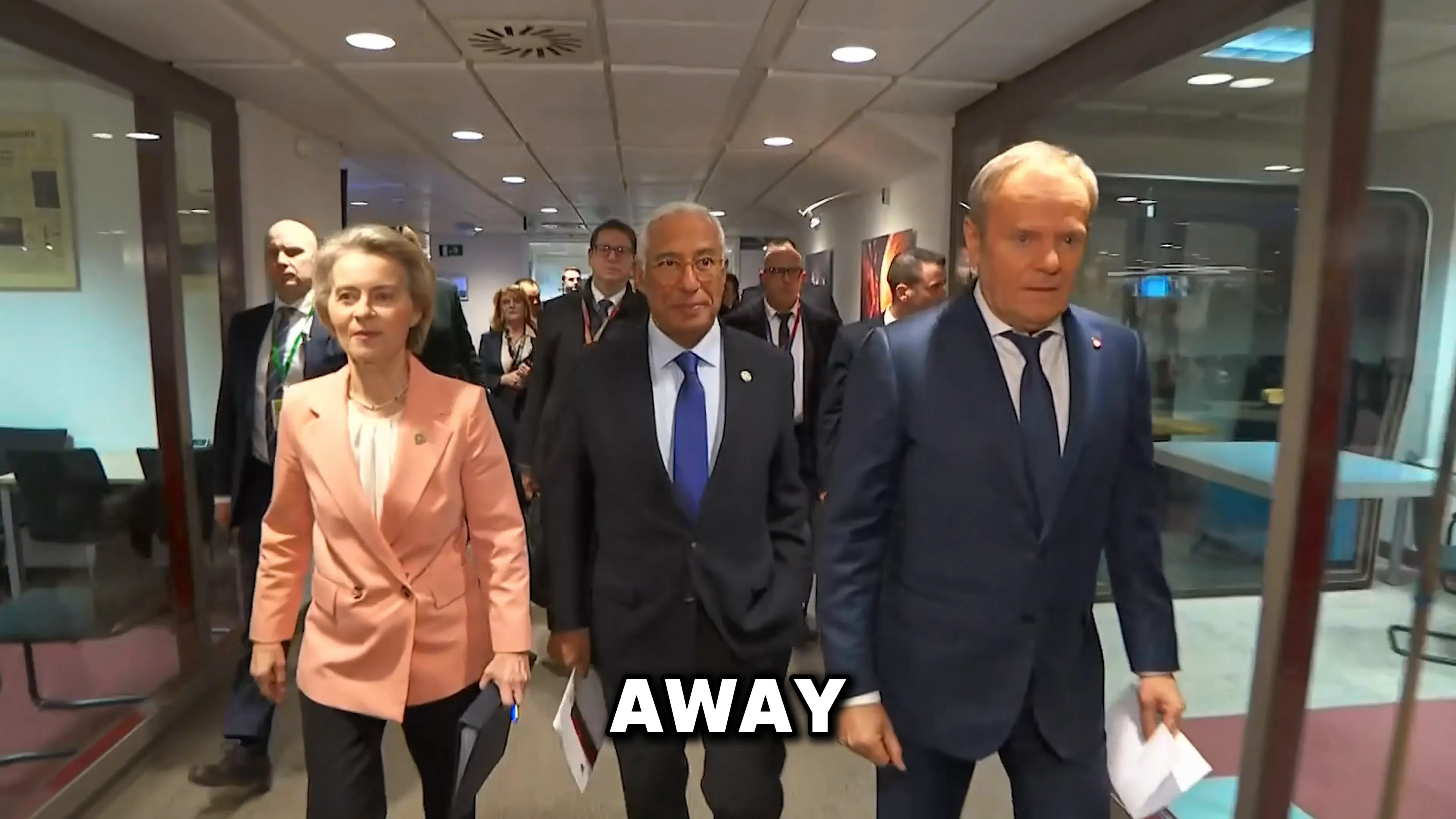
The Stigmatization of Military Service and National Pride
One of the most detrimental trends in Europe has been the stigmatization of military service. Whether compulsory or voluntary, young people joining the armed forces have often been labeled negatively, sometimes even as “murderers.” Such societal disdain discourages participation in national defense, further weakening Europe’s security.
Compounding this is a pervasive culture of national self-hatred, especially in Germany. For decades, Germans have been taught to despise their past, particularly the Nazi era—a history that should indeed never be forgotten or repeated. However, this teaching has morphed into an insistence that citizens must hate their country itself, eroding the patriotic spirit necessary for national cohesion and defense.
Conclusion: The Urgent Need for Awareness and Action
The European Union stands at a crossroads. The rising tide of totalitarianism, censorship, and loss of national sovereignty threatens to dismantle the democratic fabric that once defined this continent. From mass protests to invasive legislation, from digital censorship to the erosion of defense capabilities, the signs are unmistakable.
It is imperative that Europeans wake up to these realities, question the narratives being imposed, and demand a return to genuine democratic principles. Sovereignty, freedom of thought, and the right to defend one’s nation are not relics of the past—they are the foundations of a free and just society.
Only through vigilance, informed discourse, and collective action can we hope to steer Europe away from the brink of totalitarian control and toward a future that respects its rich diversity and democratic heritage.
